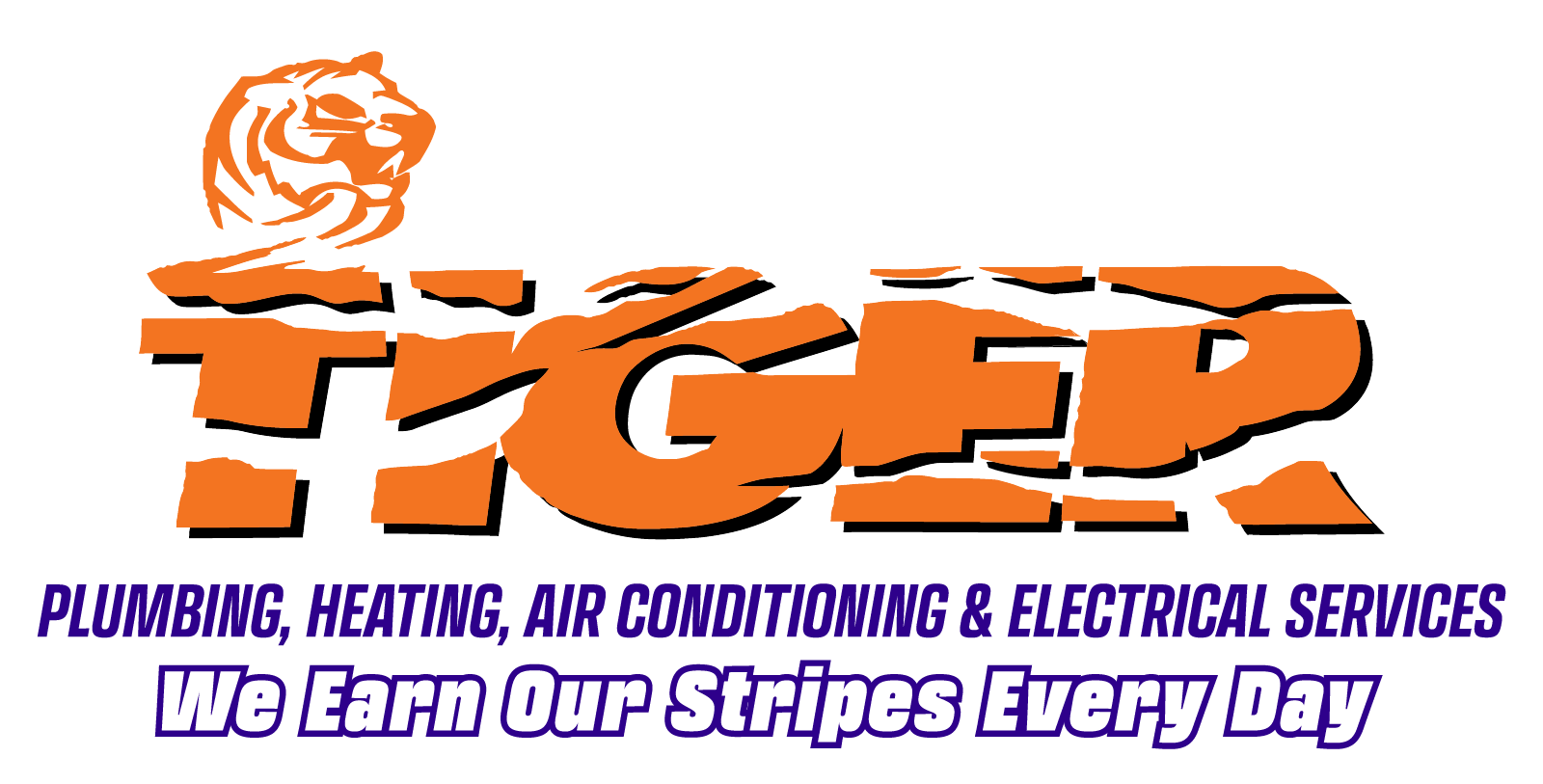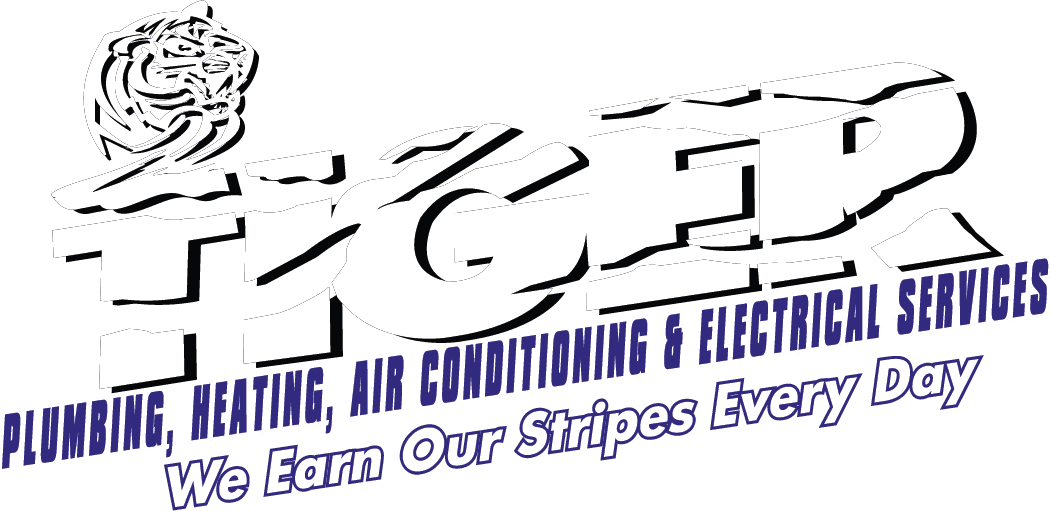Financing
When Should You Replace Your Main Sewer Line in Illinois?

When Should You Replace Your Main Sewer Line in Illinois?
Most plumbing problems are inconvenient, but a main sewer line issue is on another level. It is the one pipe that every drain in your home depends on. When it starts failing, you notice things you have never noticed before. Slow drains in different rooms. Odd smells outside. Gurgling coming from places that should never gurgle. Once these signs pop...
Read More

How to Know If Your Water Pressure Is Too High or Too Low in Your Illinois Home
Most people do not give water pressure much thought. You turn on the shower, wash dishes, start the laundry, and everything just works. Then one day something feels different. Maybe the water comes out harder than usual. Maybe the pressure drops halfway through your shower. Water pressure too high or low can sneak up on you, and in Illinois homes...
Read More

Why Proper HVAC Airflow Is Essential for Illinois Homes
If you have ever walked from one room to another and thought, “Why is it warm in here but freezing over there,” you have already felt the effects of HVAC airflow problems. HVAC airflow is something homeowners rarely think about until their comfort takes a hit. Illinois weather makes it even more noticeable. One week is mild, the next is...
Read More

Which Is Better, Central Air or a Heat Pump for Illinois Homes?
If you live in Illinois, you already know how unpredictable the weather is. Some weeks feel like early summer, others feel like fall, and winter always finds a way to show up. That is why so many homeowners end up comparing central air vs heat pump systems. Both can cool your home, both can keep things comfortable, and both can...
Read More

What Makes Your HVAC System More Efficient in Illinois
If you live in Collinsville, Springfield, Bloomington, Peoria, or the surrounding areas, you already know Illinois weather gives HVAC systems a workout. Summers feel heavy, winters feel sharp, and the seasons in between can swing in either direction without warning. With that kind of variation, homeowners naturally start wondering what makes an HVAC system more efficient and what changes actually...
Read More

How Do Heating Systems Impact Indoor Air Quality in Illinois
When cold weather moves into Illinois, most people do the same thing. Shut the windows, turn on the heat, and get the home warm again. It works, but a lot of homeowners in Collinsville, Springfield, Bloomington, and Peoria start noticing little changes. Maybe the air feels heavier. Maybe the house gets dusty more often. Sometimes noses and throats dry out...
Read More

How Long Does It Take To Install a Central HVAC System in Illinois
Across our services areas in Collinsville, Springfield, Bloomington, and Peoria, people deal with quick swings in weather. One week it feels like fall and the next it feels like summer or winter moved in overnight. Because of that, most homeowners eventually reach a point where the old HVAC system just cannot keep up anymore. As soon as someone starts looking...
Read More

Is a Ductless Mini Split Right for My Illinois Home
Every home in Illinois is different. Some have older duct systems that don’t move air well, and others were never built with ducts at all. A ductless mini split can be a great way to add heating and cooling without tearing into walls or running new ductwork. At Tiger Heating & Cooling, we install and service mini split systems across...
Read More

Furnace vs Air Handler: How They Are Different & When to Replace in Illinois
Many Illinois homeowners aren’t sure if they have a furnace, an air handler, or both. The two often get mentioned together, but they serve very different purposes in your heating and cooling system. Knowing how each one works helps you recognize problems early and make smart choices when it’s time to repair or replace equipment. At Tiger Heating & Cooling, we explain this to customers every...
Read More

Zoned HVAC vs. Ductless Mini-Split: Which Is Better in Illinois
Many homes have that one room that doesn’t feel quite right. Maybe the upstairs bedrooms are too warm in the summer, or the basement stays chilly all winter. When central HVAC just isn’t cutting it, two popular solutions stand out: zoned HVAC systems and ductless mini-splits. Both offer targeted comfort and energy savings, but they work differently and suit different...
Read More









